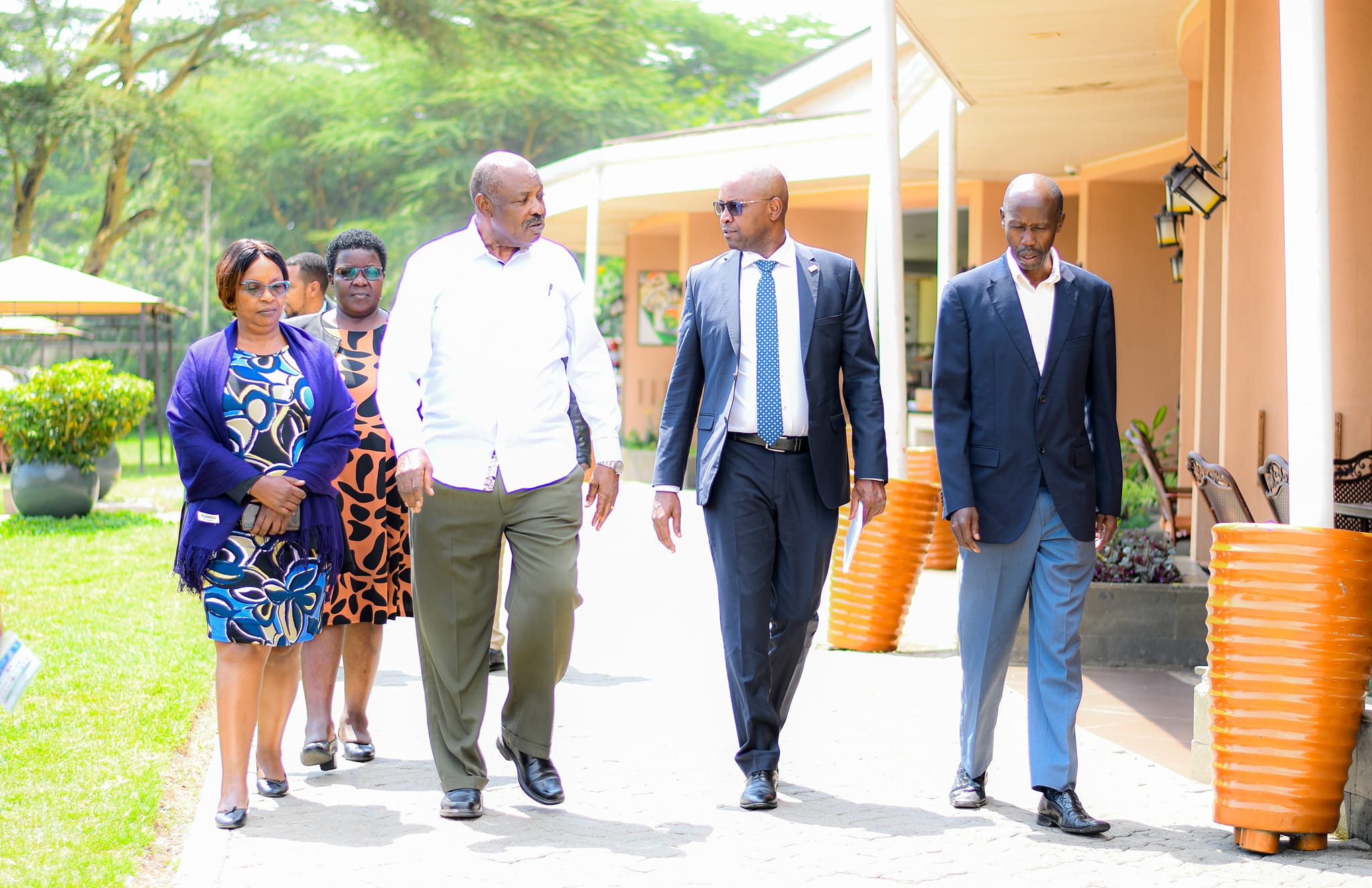By Azael Masese
The expectations of Kenyans for the 14 th parliament in the cooperative movement have
skyrocketed owing to President Elect William Ruto’s campaign of uplifting the economic and
social welfare of Kenyans through boosting the cooperative sector which encourages savings
and credit taking for engagement in income generating activities
With the election of Former Bungoma Senator Moses Wetangula as the National Assembly
speaker, parliamentary sittings can start anytime.
The new parliament will have to look into the Central Liquidity Facility (CLF), National
Cooperative Policy (NCP) and Deposit Guarantee Fund (DGF).
The CLF seeks to allow cooperatives join the national payments system, facilitate inter-
borrowing among Saccos and share ICT services.
In May this year, the policy and legal framework for the CLF and shared technology services
were approved by the Cabinet. The requisite legal amendments will now be processed by
Parliament.
The Cabinet also approved the legal amendment towards the setting up of deposit insurance for
Saccos.
DGF is a financial safety net, designed alongside the Kenya Deposit Insurance Corporation for
banks and is expected to provide cover to Sacco depositors up to Ksh 100, 000.
It is also expected to enhance financial stability of Saccos by compensating depositors in the
event of a Sacco collapsing.
During the 2022 Ushirika Day celebrations held on July 2, 2022 at KICC, outgoing President
Uhuru Kenyatta said his Cabinet had approved legal amendments towards setting up a deposit
insurance for Saccos under the DGF.
“The fund will play an equal equitable role in enhancing the financial stability of Saccos by
compensating depositors in the event a Sacco collapses,” he said.
Cooperative Alliance of Kenya Chairman Macloud Malonza remained upbeat that the 14 th
Parliament will give the NCP priority.
He argued that the review of the NCP, which resulted into Sessional Paper No 4, is a boost for
the growth of the cooperative movement.
“To participate in value addition and manufacturing in the country, the NCP bill has been
acknowledged and all cooperators have passed it,” he said.
One key facet of this policy is ‘Promoting Co-operative Societies for Industrialization’ to
transform cooperatives into vibrant social and commercial entities.
The policy identifies contemporary challenges that inhibit the growth of the co-operative
societies and explores a paradigm shift by establishing a more proactive engagement between the
national government, county governments, the co-operative movement and other stakeholders in
addressing these challenges.
It also seeks to rationalize the role of national and county governments in co-operative
development in line with the 2010 Constitution and national development goals set out in Kenya
Vision 2030.
The Kenyan cooperative movement is ranked 1 in Africa and 7th in the world. The country has
26,000 registered cooperatives with a membership of about 14 million. 32 per cent of the national savings are with the cooperatives.



